Tipper Gore
description: an American social issues advocate, known for her work in promoting mental health and as the wife of former Vice President Al Gore.
17 results
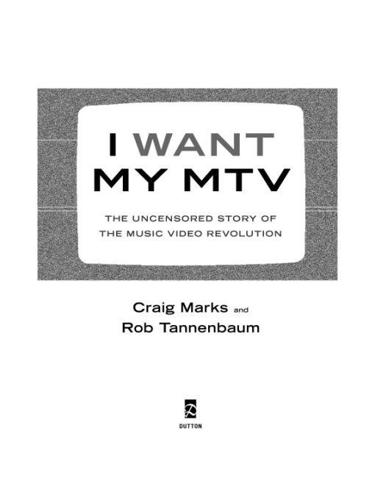
I Want My MTV: The Uncensored Story of the Music Video Revolution
by
Craig Marks
and
Rob Tannenbaum
Published 19 Sep 2011
When I testified before Congress, I said, “These lyrics are no more violent than the Declaration of Independence.” MARTY CALLNER: Tipper Gore and the PMRC called “We’re Not Gonna Take It” the most violent video of all time. Which is pretty funny, because there was no blood in it, no anything. MICHELLE VONFELD: We actually met with the PMRC early on, because some of the things they accused us of playing were either videos we didn’t play or videos we played in an edited form. Tipper Gore was at the meeting. I think she was surprised to learn that we had standards at all. SAM KAISER, MTV executive: We secretly called Michelle Vonfeld “The Legion of Decency.”
…
We used video cameras and hired TV people to do the lighting. It was very low rent. PERRI LISTER, choreographer: In 1978, in London, I joined a dance group called Hot Gossip. We were like a punk rock dance group. We did a TV pilot for a comedian named Kenny Everett, and when it was shown, Mary Whitehouse, who was the Tipper Gore of England, stood up in the House of Parliament and said we were lewd and should be banned immediately. Which, of course, meant instant fame. Everybody tuned in the next week. The Kenny Everett Video Show was a bit like In Living Color, and we were like the Fly Girls. We danced to Blondie, Devo, the hits of the day.
…
Chapter 28 “THE LEGION OF DECENCY” CENSORING VIDEOS, FOR FUN AND PROFIT A MOTHER WAS WATCHING TV WITH HER YOUNG daughter when Van Halen’s “Hot for Teacher” came on. The six year old, demonstrating a precocious ability to follow plot, soon asked, “Mom, why is the teacher taking off her clothes?” The mother, Tipper Gore, was married to United States Senator Al Gore, and as she spoke to her circle of friends, many of whom were also married to politicians, she discovered a shared fear: Music videos were corrupting their children by exposing them to stacked blondes in bikinis, dancing on school desks. But it wasn’t only sexuality they feared.
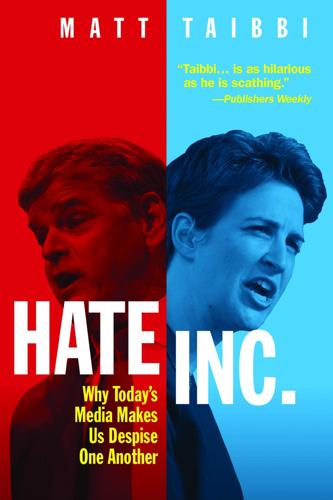
Hate Inc.: Why Today’s Media Makes Us Despise One Another
by
Matt Taibbi
Published 7 Oct 2019
The “Dungeons and Dragons” terror of the early eighties was an example. Some of us are old enough to remember the absurd scare flick Mazes and Monsters, starring an early version of America’s most dependable moral-panic frontman, Tom Hanks. Often the panic came hand in hand with a ready legal solution. Tipper Gore’s “Parents Music Resource Center” freakout over heavy metal lyrics was an eighties re-hash of Mod-Rocker fear. The solution, thankfully, was tame: warning labels. The same craze today would likely result in a Heritage Foundation council working with iTunes to secretly remove morally threatening music.
…
The tabloids were highly effective in creating an “ick” factor around their Mod and Rocker villains, even stripping them of sympathetic characteristics they had in real life, like working-class backgrounds. Without public defenders, media audiences were free to despise them without restraint, and embellish their anti-portraits in their heads. In America in the eighties and nineties there were usually people to counter such public panics. For every Tipper Gore, there was a Frank Zappa or Dee Snider appearing for the defense. In our new cleaved and atomized landscape, those brakes are gone. Every demographic has its own folk devils, who go undefended. Conservative media long ago fixated on libs, commies, terrorists, Islamicists, tax-and-spenders, feminazis, and countless others.
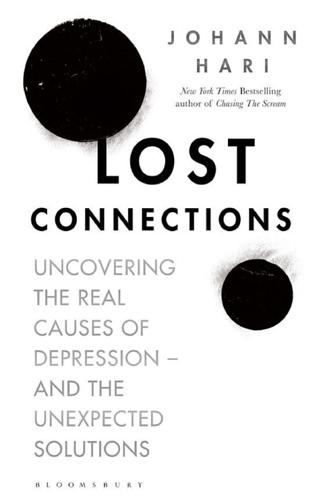
Lost Connections: Uncovering the Real Causes of Depression – and the Unexpected Solutions
by
Johann Hari
Published 1 Jan 2018
In the biggest study of serotonin’s effects on humans, it found no direct relationship9 with depression. Professor Andrew Skull of Princeton has said attributing depression to low serotonin is “deeply misleading and unscientific.”10 It had been useful in only one sense. When the drug companies wanted to sell antidepressants to people like me and Tipper Gore, it was a great metaphor. It’s easy to grasp, and it gives you the impression that what antidepressants do is restore you to a natural state—the kind of balance that everyone else enjoys. Irving learned that once serotonin was abandoned by scientists (but certainly not by drug company PR teams) as an explanation for depression and anxiety, there was a shift in scientific research.
…
but they were going to carry on promoting it anyway To understand the wider context for how this could have happened, I’d recommend three really terrific books: Ben Goldacre, Bad Pharma: How Drug Companies Mislead Doctors and Harm Patients (London: Fourth Estate, 2012); Marcia Angell, The Truth About Drug Companies: How They Deceive Us and What We Can Do About It (New York: Random House, 2004); Harriet A. Washington, Deadly Monopolies: the Shocking Corporate Takeover of Life Itself (New York: Anchor, 2013). Chapter 2: Imbalance Tipper Gore David Healy, Let Them Eat Prozac (New York; London: New York University Press, 2004), 263. What’s the evidence, he began to wonder, that depression is caused primarily by an imbalance John Read and Pete Saunders, A Straight-Taking Introduction to The Causes of Mental Health Problems (Ross-on-Wye, Hertfordshire, UK: PCCS Books, 2011), 43–45.

The Everything Thyroid Diet Book: Manage Your Metabolism and Control Your Weight
by
Clara Schneider
Published 18 Feb 2011
The World Population Clock estimates the United States Population at more than 310 million as of October 2010, and approximately 27 million people suffer from thyroid disease. If you do the math, with these figures approximately one out of eleven people have thyroid disease. Thyroid disease is common in well-known people: Did you know that former President George Bush as well as his wife Barbara Bush have thyroid disease? Tipper Gore and Oprah Winfrey have it as well. Thyroid disease in history is extremely interesting. Back in the mid-seventeenth-century, enlarged thyroids (goiters) were thought to be beautiful and a fashionable thing to have. In historical literature, surgery was done on them only when a patient had trouble breathing.
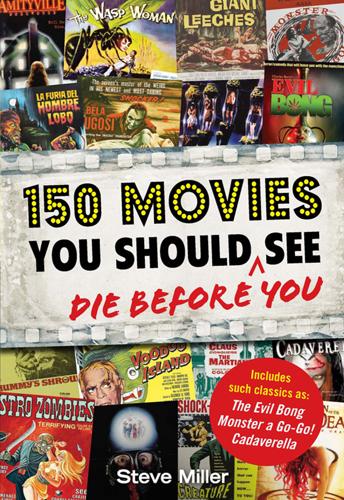
150 Movies You Should Die Before You See
by
Steve Miller
Published 5 Oct 2010
Thumbs Down Rating: The Crappies The Worst Auteuer Award goes to … Francis Coppola for creating a movie that was so lame after its second cut that the producer hired a second writer (and ghost director) in an attempt to pump up the excitement. And the Worst Actress Award goes to … Ethne Dunne as Lady Haloran for playing a part that needed to have a touch of the sinister but instead turning in a performance that makes Tipper Gore look like Lady Gaga. They Really Said It! Kane: Sometimes I think you see me as a Christmas tree ornament. Betcha Didn't Know This was the directorial and scripting debut of Francis Ford Coppola, in a time before he became a sensation so huge that only three names could properly describe him.
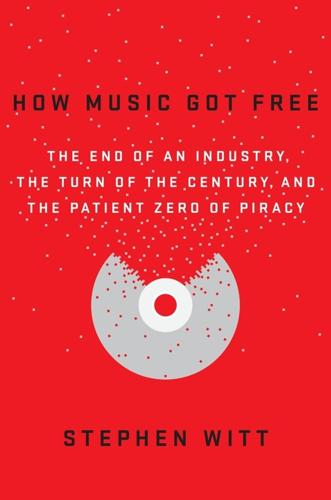
How Music Got Free: The End of an Industry, the Turn of the Century, and the Patient Zero of Piracy
by
Stephen Witt
Published 15 Jun 2015
Rosen and her antipiracy team had regular conversations with the Department of Justice, trying to convince them to go after the more brazen profiteers like mp3.com and Napster. This proved difficult. The music industry was not well liked on Capitol Hill. The record execs had stood their ground against Tipper Gore and Bill Bennett, and won decisive battles, but those victories had left the congressmen—and their wives—looking like humorless scolds. Even among liberals, the attitude on Capitol Hill was not favorably predisposed toward the record labels. Other sectors of the entertainment industry had much more influence.
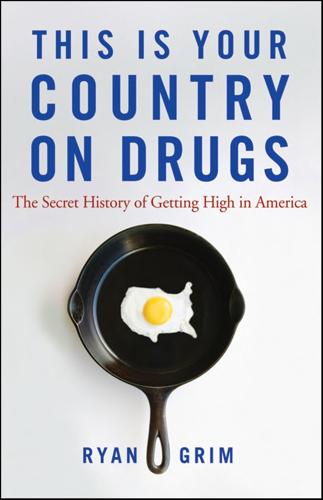
This Is Your Country on Drugs: The Secret History of Getting High in America
by
Ryan Grim
Published 7 Jul 2009
West Coast hip-hop was one, especially for nonurban youth sufficiently removed from the music’s lyrical concerns to find them seductively exotic. The Chronic, Los Angeles-area rapper Dr. Dre’s 1992 solo debut, announced its drug policy right on the CD: a symmetrical green pot leaf on a simple black background. Tipper Gore and the Parents Music Resource Center might have lamented the misogyny and violence threaded throughout the work of Dre’s old group, N.W.A., but the suburban and rural kids who helped make his solo effort a triple-platinum hit discovered something infinitely more interesting: the chronic itself.
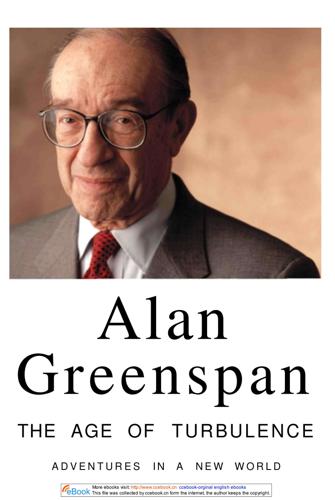
The Age of Turbulence: Adventures in a New World (Hardback) - Common
by
Alan Greenspan
Published 14 Jun 2007
Nonetheless, the verdict on central planning has been rendered, and it is unequivocally negative. 141 More ebooks visit: http://www.ccebook.cn ccebook-orginal english ebooks This file was collected by ccebook.cn form the internet, the author keeps the copyright. S E V E N A DEMOCRAT'S AGENDA O n the evening of February 17,1993,1 found myself in the uncomfortable glare of the TV lights at a joint session of Congress, sitting between Hillary Clinton and Tipper Gore. The front row of the gallery was not exactly where I'd expected to be for President Clinton's first major congressional address. I had assumed that my invitation to sit with the First Lady was a matter of courtesy and that I'd be at the back of the box with White House aides. I guess it was nice to know that the Federal Reserve was considered a valuable national asset after the somewhat less than favorable embrace we'd gotten from President Bush, but obviously I'd been positioned up front for a political purpose.
…
The European governments that emerged out of World War II, reflecting their collectivist bias, legislated far larger safety nets than did the U.S. 280 More ebooks visit: http://www.ccebook.cn ccebook-orginal english ebooks This file was collected by ccebook.cn form the internet, the author keeps the copyright. PHOTOGRAPHIC INSERT 2 I was sandwiched between Hillary Clinton and Tipper Gore as President Bill Clinton presented his deficit-cutting package to a joint session of Congress on February 17, 1993. While the political theater of the seating made me slightly uncomfortable, I enjoyed the company, and more important, I applauded the president's focus on deficit r e d u c t i o n .

The Great Displacement: Climate Change and the Next American Migration
by
Jake Bittle
Published 21 Feb 2023
Founded in 1885, it is the oldest town in the United States to be chartered by Black people, and as such it has an outsize historical importance for a village of five thousand people. This unique legacy meant the town received a flurry of national attention after Floyd: a veritable troupe of celebrities and political figures including Al Sharpton, Jesse Jackson, Dick Gregory, Tipper Gore, Bill Clinton, and the musician Prince all flew in to offer their support or sent donations from afar. The town was also an autonomous jurisdiction, rather than a neighborhood like Lincoln City, which meant that the town council had the authority to accept or reject FEMA’s buyout offer. After weeks of agonizing debate between federal government engineers and advocates like Sharpton and Jackson, the council voted three to two to rebuild.
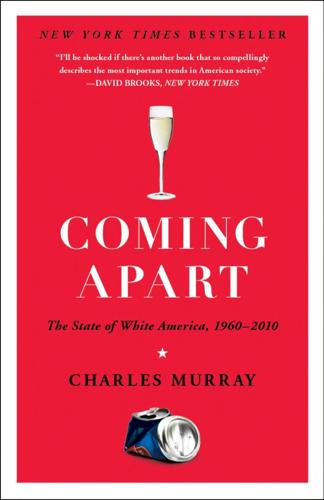
Coming Apart: The State of White America, 1960-2010
by
Charles Murray
Published 1 Jan 2012
Among other reactions are a “lapse into truancy”—a rejection of the obligations of citizenship—and “surrender to a sense of promiscuity”—vulgarization of manners, the arts, and language—that “are apt to appear first in the ranks of the proletariat and to spread from there to the ranks of the dominant minority, which usually succumbs to the sickness of ‘proletarianization.’ ”9 The shock of recognition that I experienced in 2001 came because of the adoption by the middle class and upper-middle class of behaviors that used to be distinctly lower class. When Tipper Gore, the wife of senator and later vice president Al Gore, attacked the incontestable violence and misogyny of rock and rap lyrics, why was she so roundly scolded by so many of her social and political peers? Why were four-letter words, which formerly were seen by the upper-middle class as déclassé, appearing in glossy upscale magazines?
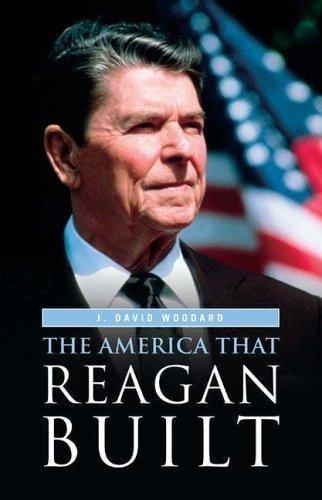
The America That Reagan Built
by
J. David Woodard
Published 15 Mar 2006
By the mid-1980s, African American artists dominated the Top Ten music list. Lionel Richie, Tina Turner, Rick James, Billy Ocean, and Stevie Wonder all had number one hits in 1984. The most flamboyant artist of the time was Prince Rogers Nelson, whose shocking lyrics on the album Dirty Mind (1980) led Tipper Gore to form the Parents Music Resource Center in 1984 to protest sexually explicit lyrics. That protest would eventually result in ‘‘Parental Advisory’’ labels on album covers. Prince’s flamboyant style led to questions about his personal life, especially if he was gay or bisexual. His response was classically postmodern: ‘‘Who cares?’’
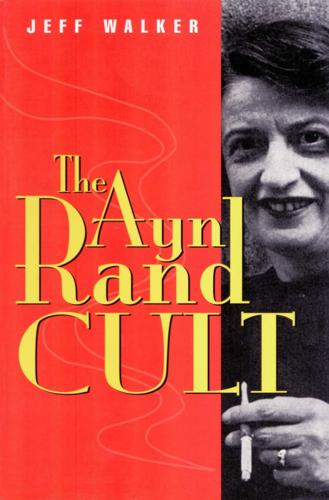
Ayn Rand Cult
by
Jeff Walker
Published 30 Dec 1998
Worse, its sluggish response to the resulting mid-term recession delayed any sure signs of recovery until after the once extraordinarily popular George Bush had met defeat, ending a Republican dynasty. True Believer or Traitor? Former Fed governor John LaWare groans, “I can’t imagine, to this day, how Alan Greenspan got himself euchred into sitting in that box”—between Hillary Clinton and Tipper Gore—“for the Presidents first State of the Union message. I think that was a serious mistake.” As a former Fed official put it, “He desperately wants to be reappointed.” The desperation was probably unwarranted. As Luttwak has remarked, central bankers “invariably remain in office for terms of papal length often prematurely renewed for fear of disturbing financial markets.”
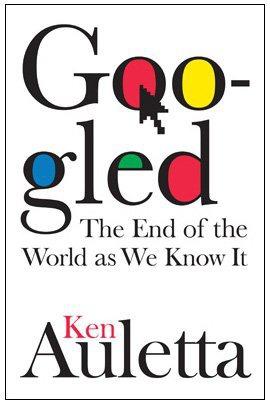
Googled: The End of the World as We Know It
by
Ken Auletta
Published 1 Jan 2009
His first meeting with Brin, Page, and Kordestani in February 2001 went smoothly, he said. “I liked them and they asked me to help them out and, initially, to join their board,” which he declined because he wasn’t sure whether he’d again seek the presidency. Instead, he said, “They asked me to be—the phrase they used was, ‘a virtual board member.’” Al and Tipper Gore went on a long European vacation. They returned later in the spring, and newspapers carried pictures of the full beard he had grown. “When I went back to Google, Larry and Sergey and Omid—there weren’t that many of them—all ten of them had false beards on. It was hilarious!” Google was growing into an informal, open place.
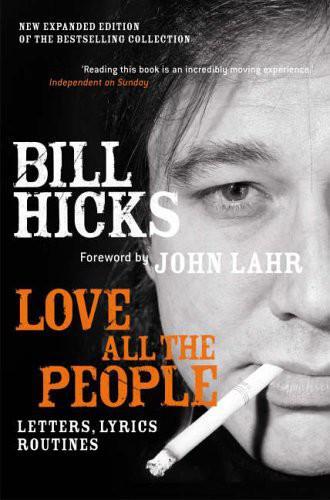
Love All the People: Letters, Lyrics, Routines
by
Bill Hicks
Published 2 Jan 2005
With Style, Wit, and Grace, the Count’s philosophy unfolds with invitation for all to join them in making this odd, bittersweet journey called Life a glorious and satisfying end unto itself. In this we are committed, Now, let us Embark . . . CAPITOL HILL (31 October, 1992) Come November 3, it’s odds-on that America will have a rock ’n’ roll President in the White House. But if Bill Clinton takes the oath, the deal involves PMRC head-babe Tipper Gore too. Top US funnyman BILL HICKS casts a dry eye over the election circus . . . With the presidential election currently taking place here, it has become more and more obvious that there is one political party in America, and that is – THE BUSINESS PARTY. And, in order to placate the masses with the illusion of democracy, they hold a purely ceremonial election every four years while their propaganda arm – the corporate-owned mainstream media – obediently and even gleefully plays it to the hilt, as though there was actually a choice and you, the American people, were the ones getting to make that choice.
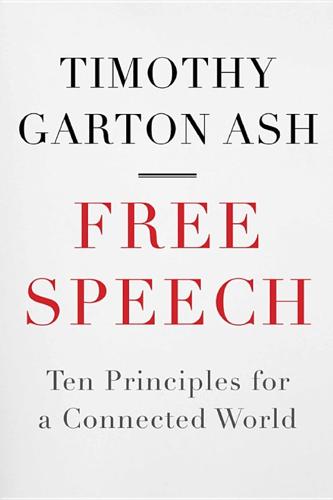
Free Speech: Ten Principles for a Connected World
by
Timothy Garton Ash
Published 23 May 2016
And how about these lines from the rapper Eminem’s track ‘White America’: All I hear is: lyrics, lyrics, constant controversy, sponsors working round the clock, to try to stop my concerts early surely hip hop was never a problem in Harlem only in Boston, after it bothered the fathers of daughters starting to blossom so now I’m catching the flak from these activists when they raggin’, actin’ like I’m the first rapper to smack a bitch, or say faggot shit, just look at me like I’m your closest pal, the poster child, the mother-fuckin’ spokesman now for—White America! . . . and his supremely civil conclusion: Fuck you, Ms. Cheney! Fuck you, Tipper Gore! Fuck you with the free-est of speech this divided states of embarrassment will allow me to have, Fuck you! You might not want your little daughter to listen to it, but nor would Eminem let his daughter Hailie: ‘I don’t blame you, I wouldn’t let Hailie listen to me neither’.112 But now consider the Cameroonian-French comedian Dieudonné, who used his comic licence to say of the French-Jewish radio anchor Patrick Cohen: ‘Me, you see, when I hear Patrick Cohen speak, I think to myself—“gas chambers . . . too bad”’.113 Just a joke?
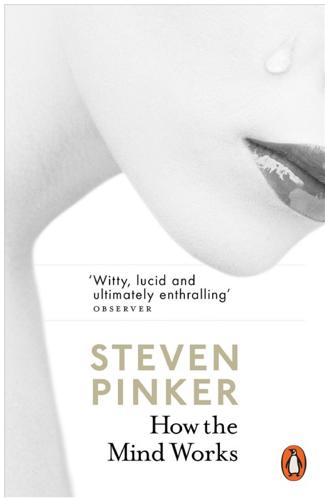
How the Mind Works
by
Steven Pinker
Published 1 Jan 1997
The upside is that when Cupid does strike, the lovestruck one is all the more credible in the eyes of the object of desire. Murmuring that your lover’s looks, earning power, and IQ meet your minimal standards would probably kill the romantic mood, even though the statement is statistically true. The way to a person’s heart is to declare the opposite—that you’re in love because you can’t help it. Tipper Gore’s Parents’ Music Resource Center notwithstanding, the sneering, body-pierced, guitar-smashing rock musician is typically not singing about drugs, sex, or Satan. He is singing about love. He is courting a woman by calling attention to the irrationality, uncontrollability, and physiological costs of his desire.
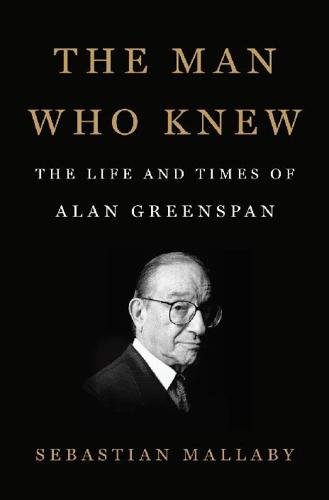
The Man Who Knew: The Life and Times of Alan Greenspan
by
Sebastian Mallaby
Published 10 Oct 2016
On February 17, he announced his commitment to deficit reduction in his State of the Union speech, and Greenspan was wheeled out to perform his familiar role as validator in chief—the White House arranged for him to listen to the address from a perch between the first lady, Hillary Clinton, and the second lady, Tipper Gore. When the president reached the part of his speech dealing with his budget plan, the TV cameras zoomed in on the red-suited first lady and the dark-suited Fed chairman, each applauding enthusiastically. Critics were quick to grumble that Greenspan was sullying the Fed with politics: “To my knowledge, this was the first time that the head of the supposedly independent Federal Reserve had shown his support for a president at such a highly charged public event,” former Treasury secretary Brady harrumphed, apparently forgetting how the Bush administration had wanted Greenspan in the camera shot for the announcement of the S&L bailout.29 David Mullins, whom Brady had installed as Fed vice chairman, was equally livid.